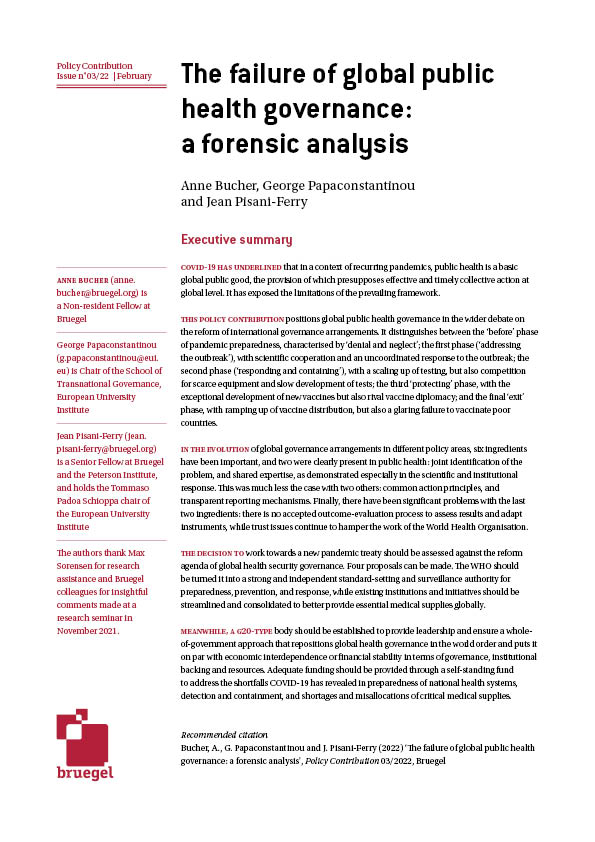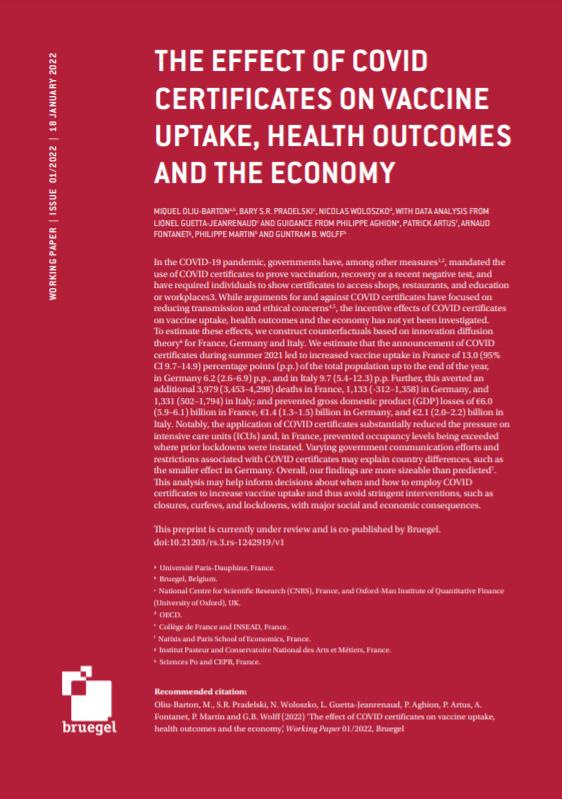Past Event
A European response to the coronavirus crisis with Paolo Gentiloni
This is the second event in our series with the Financial Times, where Paolo Gentiloni will discuss the European response to the coronavirus crisis.
livestream on 6 april @ 14:30 CEST
The COVID-19 pandemic intensifies and Europe has become one of its epicentres. There is a need for a common and significant European response to the health situation and the related economic crisis. However, strong controversy among EU countries surrounds the issue of what that response should be.
On the eve of the Eurogroup meeting that will discuss such a European response, the European Commissioner for Economy, Paolo Gentiloni will be in a conversation with Mehreen Khan, EU Correspondent at the FT and Bruegel’s Director Guntram Wolff to discuss how Europe can respond to the economic fallout of the coronavirus crisis.
Ask questions during the event through sli.do using #EU2020.
This event is online only.
You will be able to access the livestream on this page, Twitter, Youtube, and Facebook without any registration.
Schedule
14:30-15:30
Conversation among speakers
Chair: Guntram B. Wolff, Former Director
Paolo Gentiloni, European Commissioner for the Economy
Mehreen Khan, EU correspondent, Financial Times
Speakers

Paolo Gentiloni
European Commissioner for the Economy

Mehreen Khan
EU correspondent, Financial Times

Guntram B. Wolff
Former Director
Location & Contact
Matilda Sevon
[email protected]










